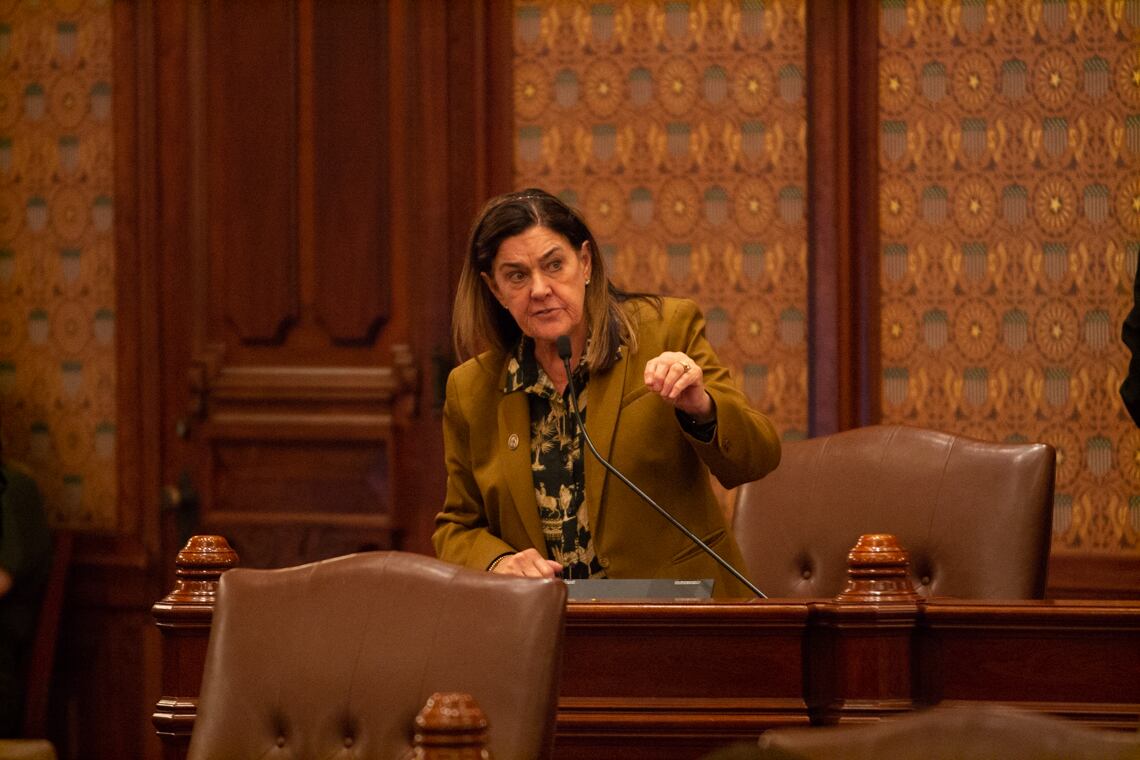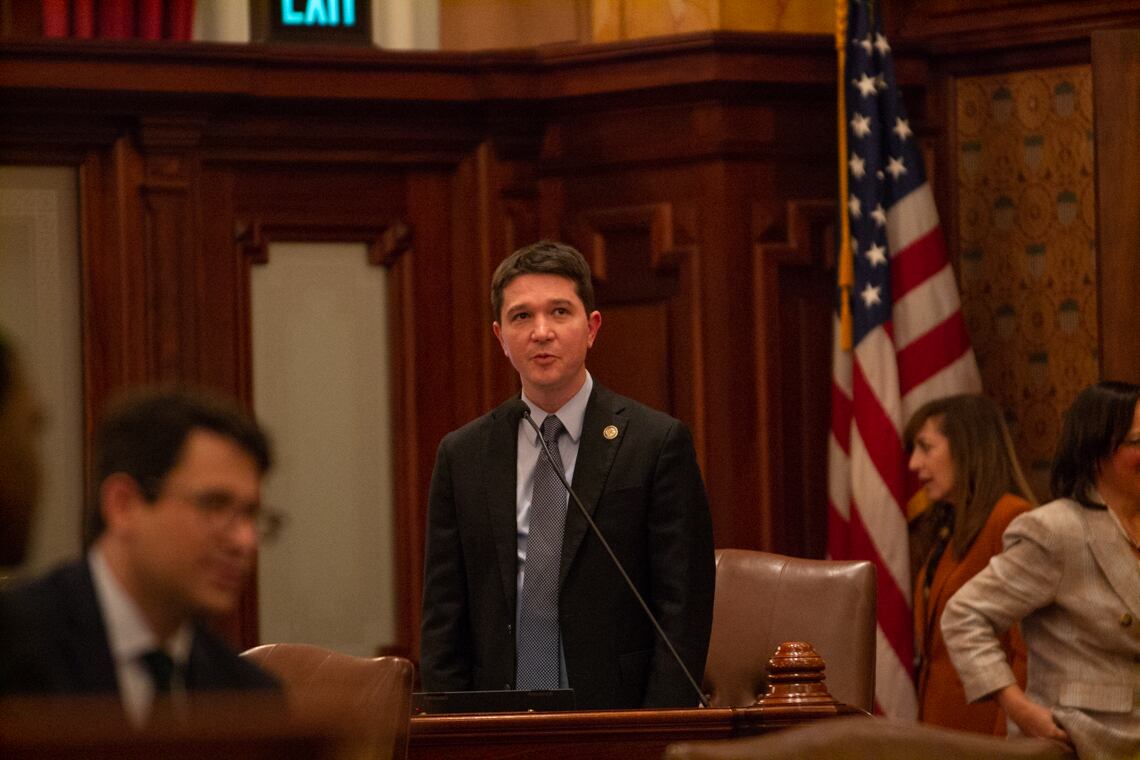Legislature Advances 'Medical Aid in Dying' Bill for Governor's Review
The Debate Over Medical Aid in Dying
CHICAGO, Ill. – A new bill has been passed by the Illinois legislature that could allow terminally ill adults to access life-ending medication prescribed by a physician. This legislation, known as Senate Bill 1950, is currently awaiting the governor’s signature and, if signed, would take effect after nine months. The measure has sparked a heated debate between advocates and opponents, with supporters emphasizing compassion and autonomy while critics raise concerns about potential risks and ethical implications.
How the Bill Was Passed
The bill was approved by the Senate with a vote of 30-27 on Oct. 31, following its passage in the House with a 63-42 vote in May. It now only needs the governor's approval to become law. Advocates believe this will provide terminally ill individuals with a sense of control over their final days, while opponents express worries about the impact on vulnerable populations and religious values.
Support from Advocates
Suzy Flack, an advocate from Chicago, has been a strong supporter of the bill. She pushed for it in memory of her son Andrew, who died of cancer in 2022. Andrew chose to live in California, where medical aid in dying options were available, and he experienced a peaceful death. Flack believes that the bill will bring comfort to others in similar situations.
"Inevitably, losing a child is the hardest thing that anyone could go through," Flack said. "I am just comforted every day by the way his death was so peaceful. He had some control over things."
What the Bill Includes
Senate Bill 1950 outlines specific requirements for eligibility. Patients must be Illinois residents aged 18 or older with a terminal illness that is expected to result in death within six months. Two physicians must confirm the diagnosis. A diagnosis of major depressive disorder alone does not qualify patients for the medication.
Patients must make both oral and written requests for aid in dying. Physicians are required to evaluate the patient’s mental capacity and assess for any signs of coercion or undue influence. They must also inform patients of alternative hospice care and pain management options before prescribing the medication.
Those who qualify must be able to self-administer the medication, and they retain the right to withdraw their request at any time or choose not to ingest the medication.
Death certificates for those who use the medication will list the cause of death as the underlying terminal disease, not suicide.
Safeguards and Concerns
Bill sponsor Linda Holmes, D-Aurora, emphasized that there are over 20 safeguards in place to prevent abuse or coercion. She cited Oregon’s 28-year history of medical aid in dying, noting that no substantiated cases of coercion or abuse have occurred there.
However, critics like Jil Tracy, R-Quincy, expressed concerns about the six-month prognosis window. She argued that medical advancements can sometimes extend a patient’s life beyond the initial diagnosis. Holmes responded that doctors typically overestimate patients’ prognoses and that most patients who qualify do not end up taking the medication.
Tracy also raised concerns about the potential for potent drugs to fall into the wrong hands, particularly among young people struggling with mental health issues.
Impact on Physicians and Culture
Sen. Steve McClure, R-Springfield, drew parallels between veterinarians and physicians, suggesting that providing end-of-life care could create a mental health crisis among medical professionals. The American Medical Association has long opposed physician-assisted aid in dying, calling it incompatible with the physician’s role as a healer.
The bill does not require physicians to prescribe the medication and protects them from legal consequences for either prescribing or refusing to do so.
"Nobody who doesn’t want to be involved is going to have to be involved," McCurdy said.
Opposing Views
Sen. Chris Balkema, R-Channahon, called the bill a "slippery slope" and warned against introducing a "culture of death" in Illinois. He pointed to other states that have expanded medical aid in dying options over time.
Advocates argue that the bill is not about promoting death but about giving agency to those who are already dying. Suzy Flack emphasized that the term "assisted suicide" is misleading and insulting to those who seek to live.
Compassion, Not Suicide
Sen. Laura Fine, D-Glenview, described the issue as one of choice and compassion. She stressed that the bill is not about suicide but about allowing terminally ill individuals to make decisions about their own lives.
Flack hopes Gov. JB Pritzker will sign the bill to provide agency to people like her son. At a recent news conference, Pritzker said he was reviewing the legislation and acknowledged the pain of those facing terminal illnesses.
"I know how terrible it is that someone who’s in the last six months of their life could be experiencing terrible pain and anguish," Pritzker said.


